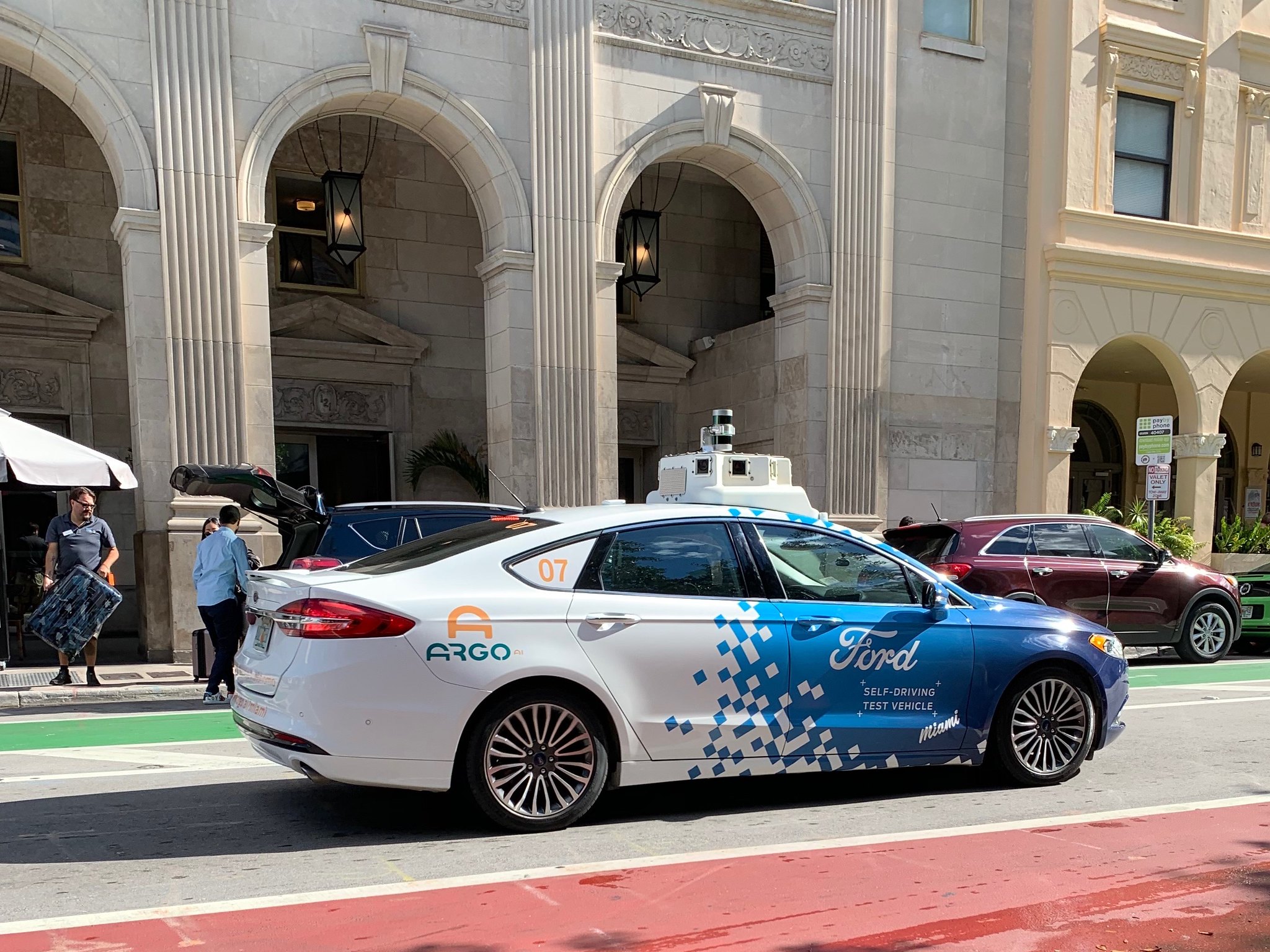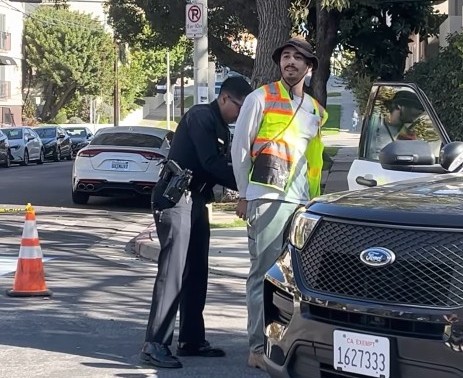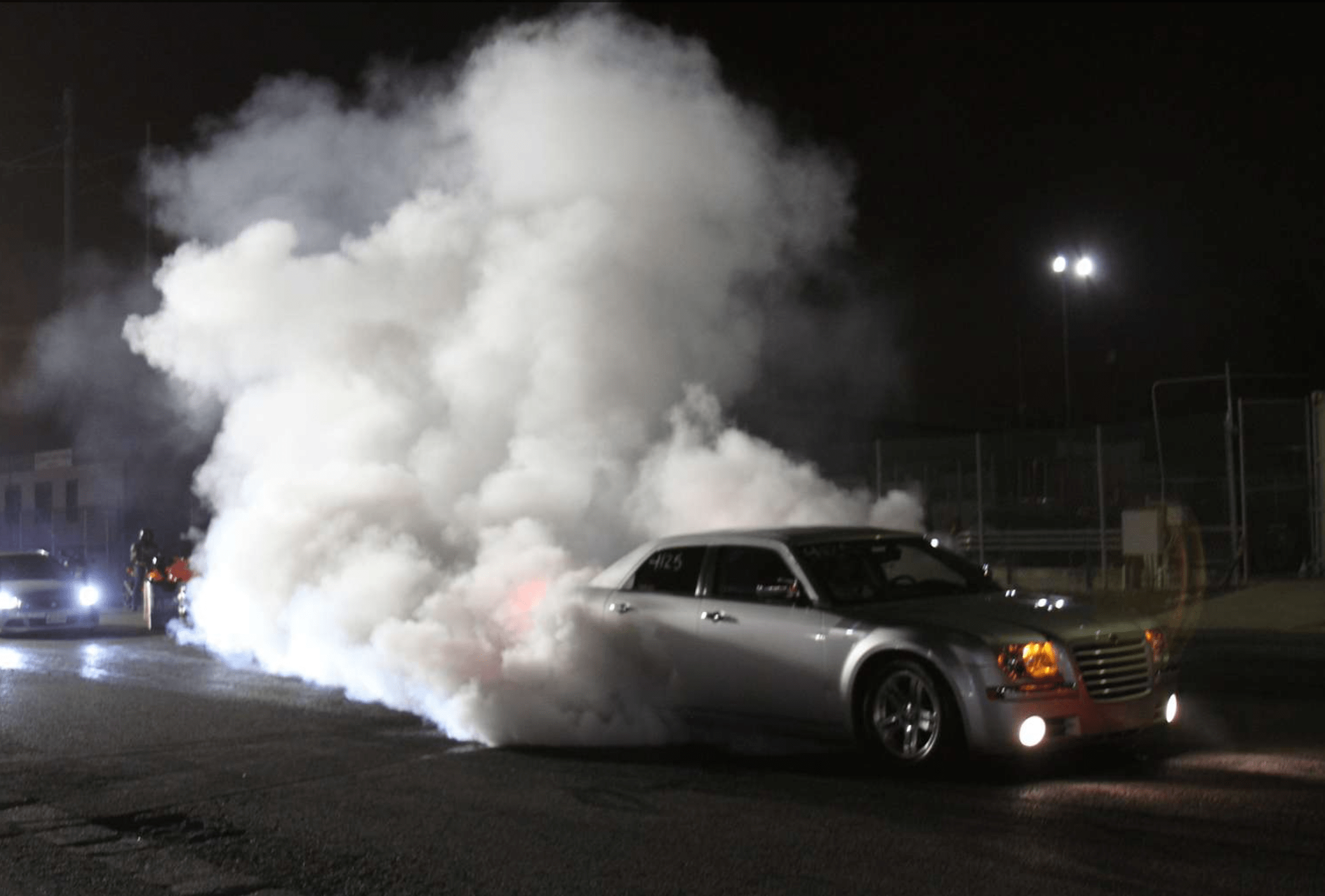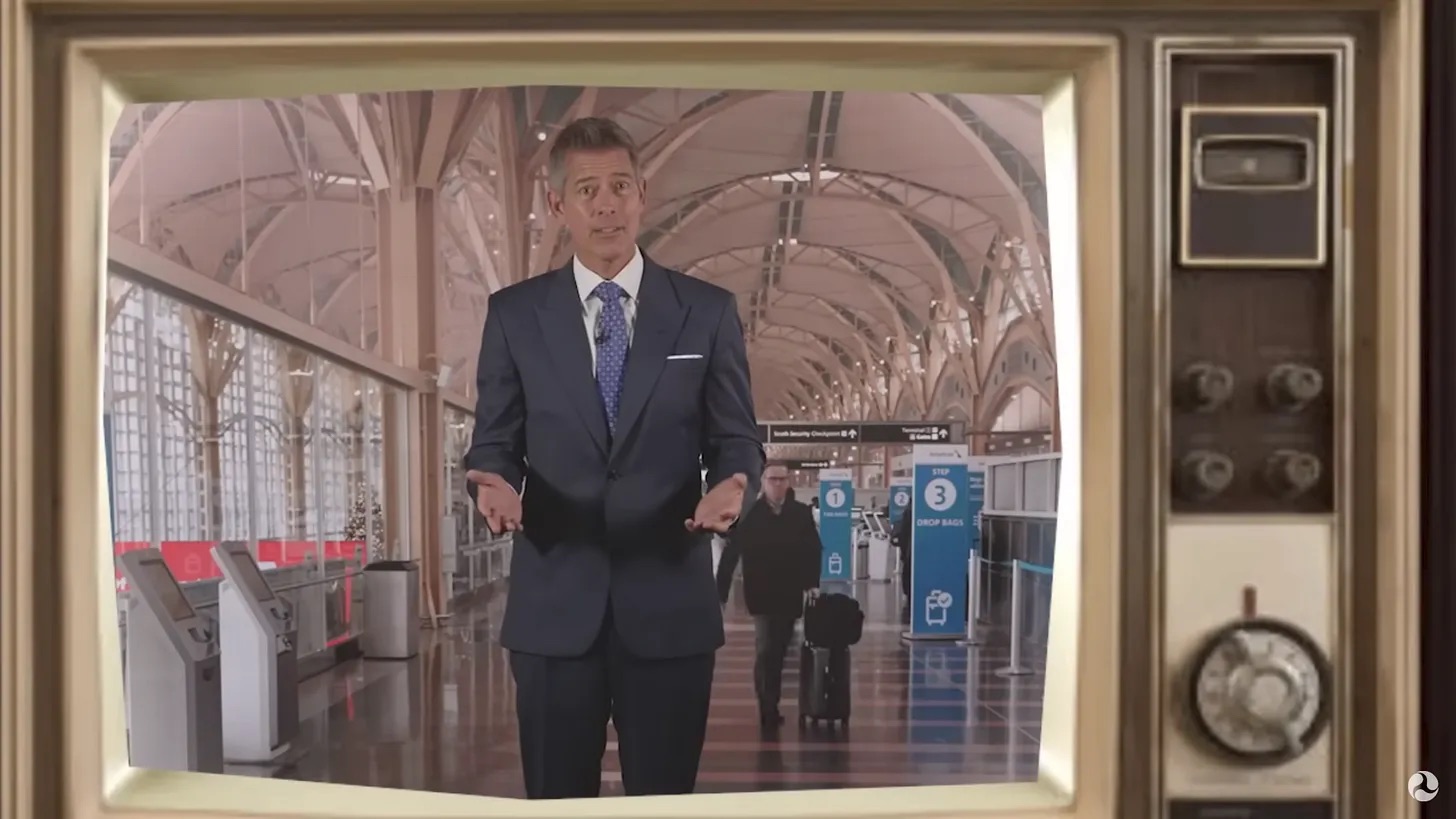
WMATA, the DC region's transit agency, is in crisis.
DC is a rarity among major American cities, with transit mode share declining over the last decade. In the past year, the federal government took over WMATA's safety oversight authority after a number of embarrassing failures, culminating in the whole Metro being temporarily shut down. Confidence in the agency is in short supply.
On top of everything, WMATA now faces a $275 million budget shortfall. Jonathan Neeley at Greater Greater Washington reports that the agency just outlined an alarming doomsday scenario, including cutting service on high-profile recent expansion projects:
On Thursday, WMATA's staff will give a presentation to the Board of Directors on potential ways to close a $275 million budget gap. Or, put another way, staff warn the board that without more money, some drastic measures may be inevitable.
The draft presentation that came out on Tuesday lists options like closing 20 stations during off-peak hours (nine of them on the east end of the Orange, Blue, and Silver Lines, along with three on the west end of the Silver Line) and shutting down a number of bus lines, including the brand new Potomac Yard Metroway.
The first thing to remember is that this isn't an official proposal; it's a cry for help. It's WMATA saying that it needs more money to operate the entire rail system, and if that money doesn't come in, these are possible options for cutting costs to a level commensurate with current funding.
"These sorts of things are usually setting the doom and gloom in hopes that the jurisdictions up their contribution or become more amenable to higher fares," said Steven Yates.
WMATA has certainly done that before, like in 2011 and in 2015. Payton Chung also pointed out that Chicago's CTA spent much of the mid-2000s preparing and releasing two budgets per year: "a 'doomsday' budget that assumed no emergency funding, and included savage service cuts, and a business-as-usual budget that could be implemented if additional operating subsidy were granted."
How might doomsday be averted? A 1-cent sales tax hike to cover the shortfall was teed up at a meeting among regional officials yesterday. The problem is WMATA isn't particularly well positioned to be requesting more money from the public right now, GGW contributor Travis Maiers told Neeley:
No one wants to stand up and vouch for Metro, and frankly, it's very difficult to do that even if you want to. In many ways Metro is its own worst enemy, with the subpar service it provides, the constant breakdowns, and its poor accountability and maintenance record. And I feel this kind of proposal only makes it more difficult in persuading people to contribute more money.
Elsewhere on the Network today: Mobility Lab says the way to market BRT is to emphasize service reliability, not gimmicky features. And Urban Milwaukee gives an update on the Milwaukee Streetcar, which just received a federal planning grant to explore a second phase.





